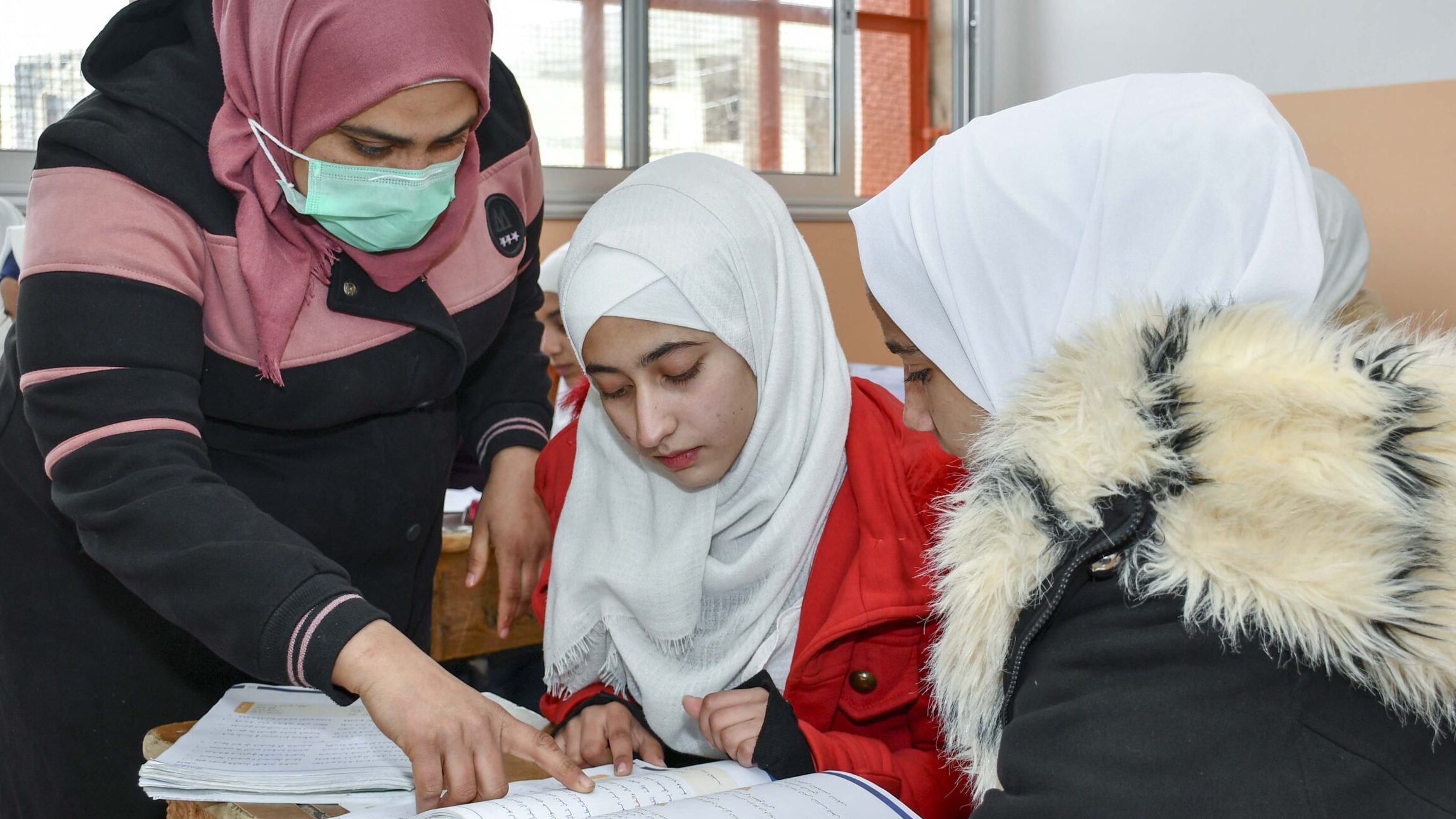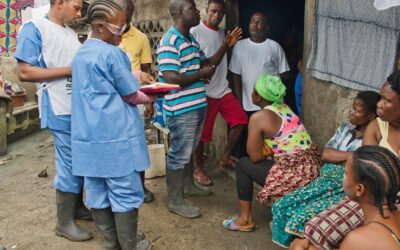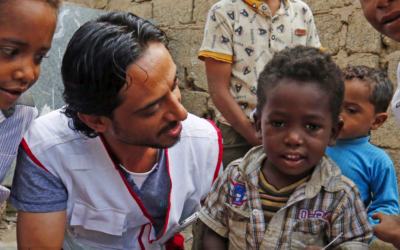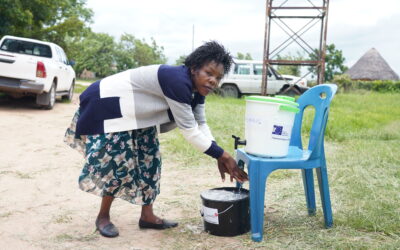In August, YES! – the Collective Service’s Youth Engagement subgroup, led by UNICEF, UNAIDS, and the Collective Helpdesk, with the support of UN WOMEN, UNFPA and the Youth Compact put out an open call for the submission of good practices on youth engagement and leadership in COVID-19 response.
A jury composed of YES! members reviewed and rated 45 eligible good practices from over 81 submissions, coming from different regions (EAPR, ECAR, MENA, ROSA, WCAR) and submitted by local NGOs, as well as UNAIDS, UNICEF and UN WOMEN Country Offices.
Based on the scoring criteria, the 7 best-rated practices have been selected – 3 on Youth Engagement, 3 on Youth Leadership + 1 unique inter-agency good practice by UNICEF and the Micronesian Red Cross.
These will be made into case studies and practical guidance on operationalizing the lessons learned, which will be promoted to inspire organizations to use them as a reference on engaging youth in future pandemic responses.
Here are the winning good practices on Youth Engagement:
- “A day in our lives series- young people across Australia sharing their story during COVID-19.” Submitted by Multicultural Youth Advocacy Network (MYAN) Australia.
- “Adolescent Girls Education Empowerment and Participation Project.” Submitted by Global Partnership for Education (GPE) funded by UNICEF Guinea Bissau.
- “Training of Volunteers on COVID-19 community sensitization.” Submitted by Young Urban Women’s Movement Ghana.
- “How the Micronesian Red Cross Society youths led the fight against COVID in the FSM.” Submitted jointly by UNICEF and Micronesia Red Cross Society
And on Youth Leadership:
- “Jannatul Mouwa: Story of her COVID Response.” Submitted by Bindu Women Movement supported by the UN WOMEN Bangladesh.
- “Leadership skills and Economic Empowerment during COVID.” Submitted by NGO Dar Abu Abdallah (DAA) funded by UNICEF Jordan.
- “Youth-led Action Research on the impact of COVID-19 on marginalized youth.” Submitted by the Asia South Pacific Association for Basic and Adult Education (ASPBAE).
By promoting these case studies, YES! will further its efforts on advocating for the inclusion of young people and youth leadership as a part of coordination and response to future public health emergencies, as well as humanitarian crises.





